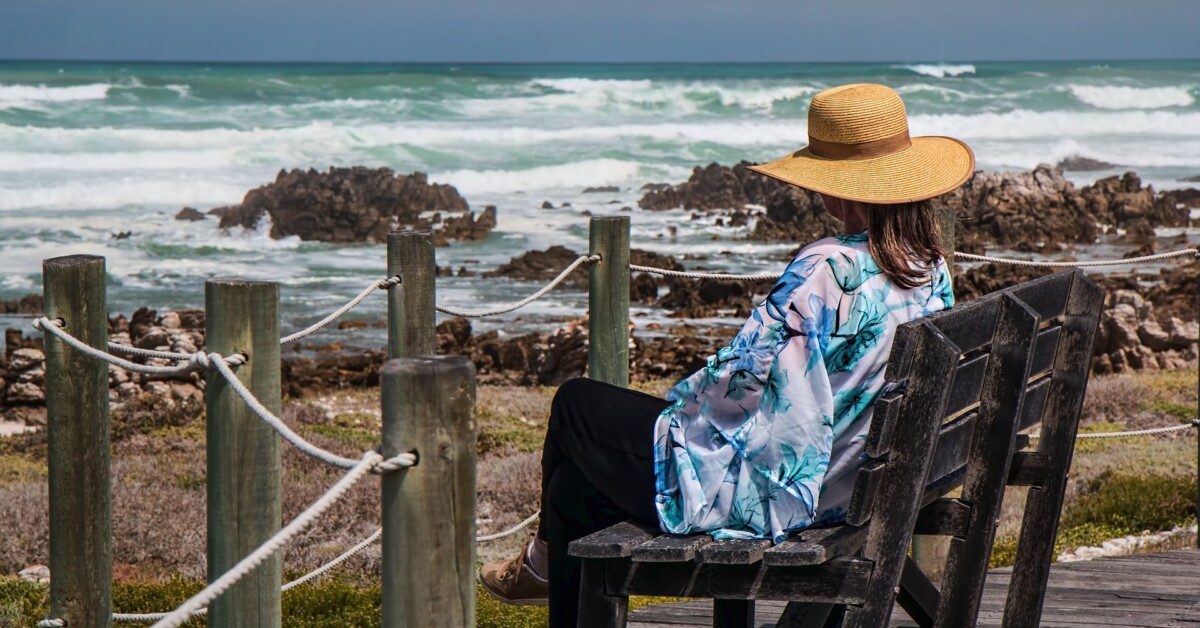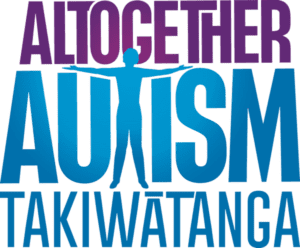
Respite and Carer Support are funded by Whaikaha – Ministry of Disabled People and are available to the full-time carer of a disabled person. Make sure you talk with your Needs Assessment Service Coordination (NASC) provider about respite options and your eligibility.
Carer support
Carer Support provides partial reimbursement of the costs of using a support person to care for and support a disabled person so you can take some time out for yourself.
You can use Carer Support to pay friends or family to provide relief care, but it can’t be used to pay a parent or partner or another person who lives at the same address as the carer.
Carer Support can also be used to pay for care in a formal setting.
Learn about Carer Support at Whaikaha – Ministry of Disabled People’s website.
Respite
Respite provides a short-term break for carers, while the disabled person they care for enjoys a rewarding experience in a safe environment with staff that can support them. Respite services are community-based, and may include respite homes or school camps, or rest homes for older disabled adults.
Learn more about Respite at Whaikaha – Ministry of Disabled People’s website.
National carer matching service
The National Carer Matching service lets you find relief carers with the right skills to fill in whenever you need to take a break. The service is provided by MyCare. If you receive Disability Support Services (DSS) funding, including Individualised Funding and Carer Support Subsidy, then access to the database is free. You can ask your Needs Assessment Service Coordination (NASC) provider to refer you to the service.
Once you’ve enrolled with the service you’ll be able to post jobs, search worker profiles and contact potential relief carers.
You may also want to look at the e-Mploy recuitment service from Manawanui.
Other respite options
Funded respite services are limited, so you may need to get creative when it comes to taking time out.
You can find lots of ideas about ways to get a break at the Carers NZ website. They have written a handy Time out Guide with advice about how to take some time out for yourself – whether it’s just 15 minutes every day, or whether you’re planning a longer getaway.
Here are a few ideas to make sure you get some time out:
- Do you have friends, family or neighbours you can trust to spend short periods of time with the person you care for so you can take a walk or spend some time in the garden?
- Would the person you care for enjoy participating in a regular activity such as joining an exercise group or social club? You can use the time to meet a friend for coffee.
- Do you know a family in the same situation as you who is capable of caring for your child overnight? You can return the favour for them too.
- How about holidaying with another family? You can share some of the costs and the chores and agree to give each carer turns at getting some much needed time out.





